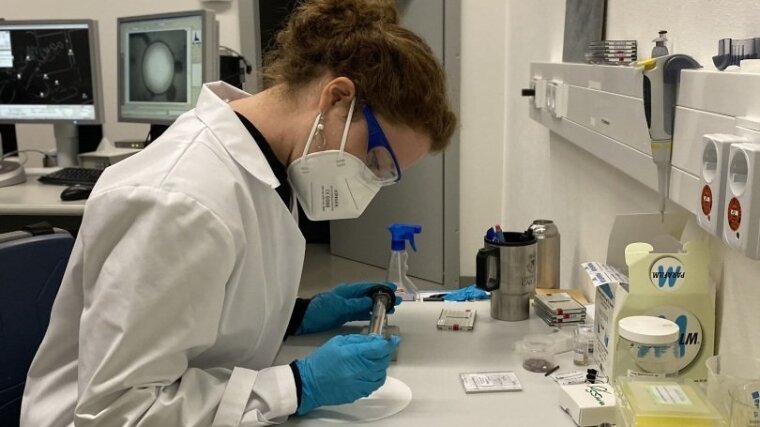
To exploit the therapeutic potential of PI3K inhibition during the hemolytic-uremic syndrome (HUS), a compartmentalized delivery strategy of kinase-inhibitors (such as AS605240) to the kidney seems promising to allow avoiding off-target effects, e. g. on systemic immune functionality. We aim to design functionalized nanoparticles that rely on modification of polymers with dyes that may act as targeting ligands for organic anion transporters that confer compartmentalized delivery to the kidney. In vitro effects of the dye-tagged particles loaded with the inhibitor AS605240 will be examined in human microvascular endothelial cells under physiological and pathophysiological conditions to detect mechanisms and key features conferring cell damage and prevention. The in vivo performance of the biocompatible nanoformulated PI3K inhibitors will be evaluated with respect to their enrichment and compartmentalization in the kidneys applying comprehensive biophotonic strategies.
Grafik Projekt T01
Graphic: Coldewey/Bauer/SchubertProf. Dr. Michael Bauer
Image: Prof. Dr. Michael BauerProf. Dr. Michael Bauer
Center for Sepsis Control and Care (CSCC)
University Hospital Jena (UKJ)
Clinic for Anaesthesiology and Intensive Care Medicine
Am Klinikum 1
07747 Jena
Phone: +49 3641 9-323100
michael.bauer@med.uni-jena.de
Prof. Dr. Ulrich S. Schubert
Image: Anne Günther (University of Jena)Prof. Dr. Ulrich S. Schubert
Laboratory of Organic and Macromolecular Chemistry (IOMC)
Friedrich Schiller University of Jena
Humboldtstraße 10
07743 Jena
Phone: +49 3641 9-48200
ulrich.schubert@uni-jena.de



